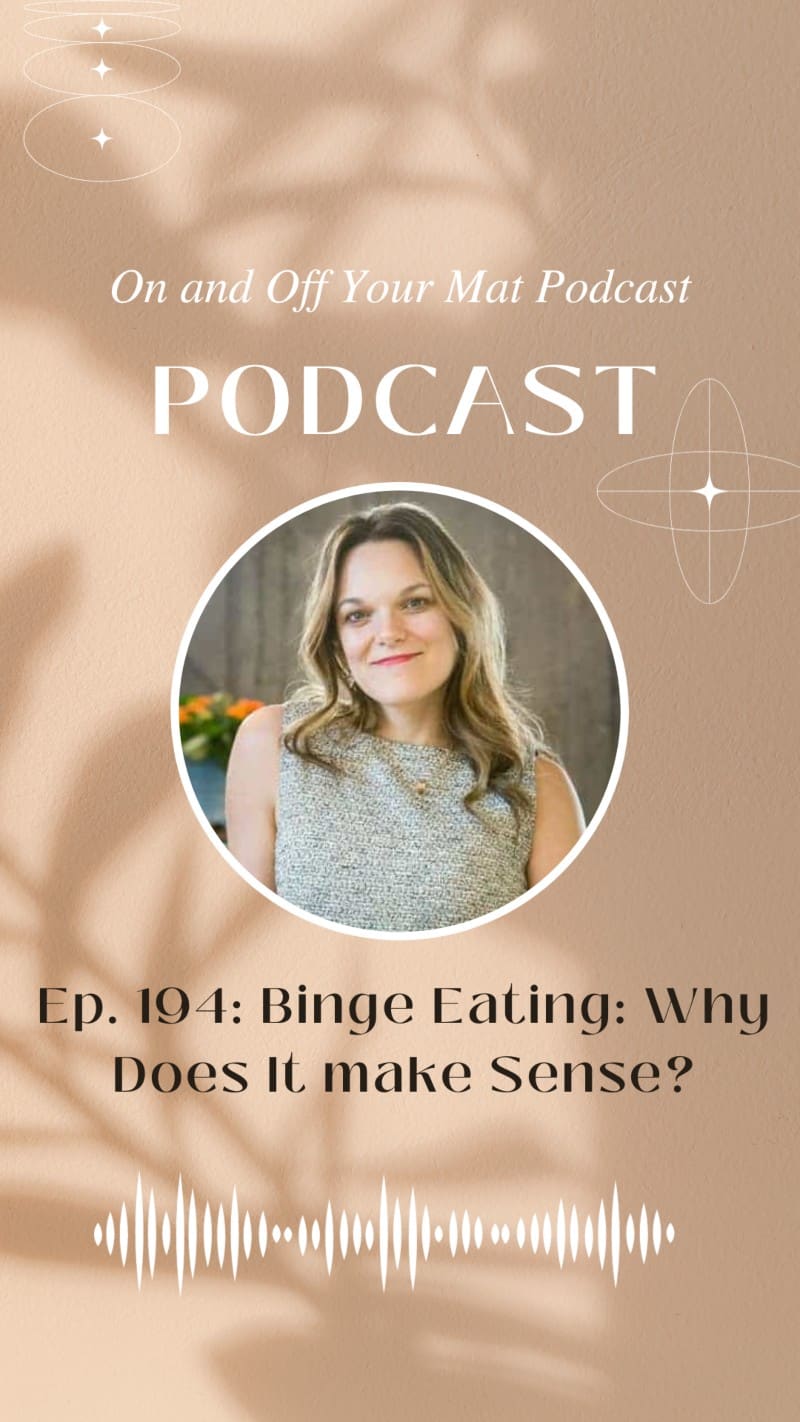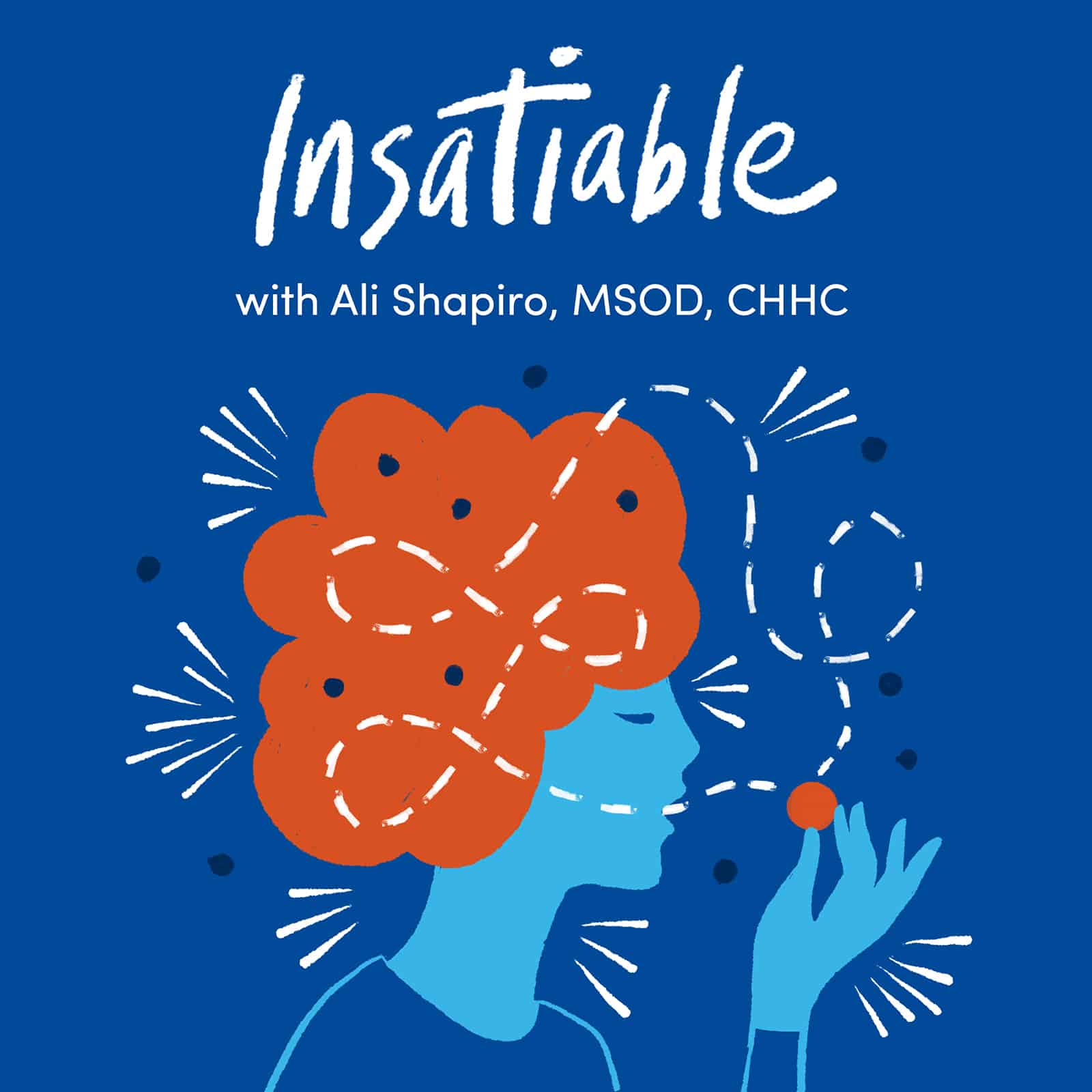This past Saturday, we celebrated Eça’s 4th birthday at our neighborhood park. He wanted a piñata, balloons, and a rainbow cake. And to play ‘keepity upity” with his friends (a game where the goal is to keep the balloons from touching the ground).
It was such simple, wholesome fun. And a much needed reprieve from the news cycle and my social media feed.
Eça designed his rainbow cake from the bakery: vanilla cake, green and purple vanilla icing, and rainbow sprinkles. As we shared a piece of cake, he said, “Mama, this is the best birthday cake ever.”
In my Masters thesis 10 years ago, I discuss how in our early development, where Eça is now and we all were at one point, food and attachment (i.e. comforting connection) are coupled.
Eating cake together, while not a substitute for my love for him, was certainly one way our love for him was demonstrated on Saturday. Eça’s birthday cake signaled his importance and being cared for.
He ate a few bites and then ran off to play. My brother-in-law remarked on Eça’s “discipline”. But it was mostly attachment, not discipline, that was on display.
Eça’s attachment needs were met from the village that had come together to celebrate him. And so food didn’t need to compensate for unmet comforting connection needs.
In so much of the emotional eating dialogue, food as a substitute for “connection” or “comfort” is demonized. And yet, comforting connection is what nature wanted us to feel from our first breathes to our early food experiences.
The battle or fighting food comes when food gets separated from this security. Like when growing up:
- You consistently stopped at the store by yourself on the way home from school for a Snickers because you’d been teased for being overweight and you don’t feel your parents know how to support you because of their own fat phobia and diet habits.
- You struggled with school and fell behind. And turning to Poutine (Disco Fries for the Americans) connects you with feeling secure amongst so much self-doubt.
- You developed a strong sense of responsibility and hyper-vigilance to keep the peace at home. And when chaos erupted, you turned to ice-cream in your brilliance to secure the only stable, comforting connection available.
While these hard food memories might appear unhealthy, they make perfect sense. Neuroscience has proven that attachment and belonging is more important than what we think of as the most basic of needs like food, shelter and water.
And this makes sense because you need attachment and belonging to secure those basic needs until you can secure them yourself.
If we feel separate, we will find a sense of security where it’s been accessible. Food is often this place.
[I learned this neuroscience bit in Dr. Deborah MacNamara’s new book Nourished: Connection, Food, and Caring for Our Kids (And Everyone Else We Love). She’s coming on Insatiable for Season 14 to discuss how child developmental psychology influences our adult food habits. The new podcast season starts next month.]
Having a Truce with Food isn’t about severing the by design comforting connection food offers. Rather it’s about as adults, recognizing we need the safety of belonging and getting those needs and wants met. Both with food and without.
Want to discuss this more? Or need support for the next right step on your journey? Join us in this month’s free monthly community call. It’s next Tuesday, November 7 at 2 pm EST.
Bring your food, body, and health questions. I’m here to support you to get unstuck. It will be a general call with Open Q&A.
Sign up for the Free Gathering
New Podcast
With the perspective I have now, I realize my food healing journey began way before I gave up dieting.
It actually began when I found yoga in 1999 in the bottom of a YMCA basement in Boston, MA. I would still try to diet and binge for five more years.
But yoga helped me get back into my body. Yoga taught me how to feel the bodily sensations in a pose versus think about a pose.
This would illuminate the intelligence of my sensations and emotions. It also supported me to grow my capacity to be with the deeper stories I had to address to stop turning to food.
And so I loved joining Erika Belanger on her On and Off Your Mat podcast to discuss the way to approach food like yoga, off the mat.
In other words, feeling your way into the question of why does your out of control eating make sense? instead of trying to fix your self.
If I would’ve found someone, a practice, anything all those years ago to guide me through that question, I would’ve saved myself so much time, energy, money, and missed opportunities.
I hope this episode takes you closer to repairing your own relationship with food and reaching the health goals you have for yourself.
We discuss:
- Why binge eating as a form of self-protection makes perfect sense.
- Why we, as humans, tend to turn to binge eating as a coping mechanism.
- How food gives us a sense of belonging when we feel disconnected from our bodies and the world.
- Why binge eating isn’t a case of self-sabotage as much as it is self-preservation.
- How to move away from binge eating as a coping mechanism without resorting to habit-stacking
For Change Agents
Have you ever considered why your own food challenges make sense from a food as belonging (i.e. psychological safety) perspective?
Understanding and working through this yourself is key to being able to guide clients through this mind-blowing mindset shift and results.
Why?
By asking yourself and your clients, “Why does this make sense?”, you’ll begin to repair the self-trust that dieting and experiences of feeling separate deeply fractured.
In the beginning of my interview with Erika, she shares her own binge eating story. I ask her a question that you can use in your own practice to start to make this food as belonging/psychological safety connection for yourself and your clients.
And given the holidays, our Change Agent Disruption Hour calls will resume in January.
Be Well,
P.S. Book your calendars now for a free sneak peak of my WAIETN Live: Your Life and Eating Aligned program with my free, A Cookie Isn’t Just A Cookie: Stop Stress Eating workshop on Wednesday, September 13. Get all the deets and register here.
P.P.S. If you’re a change agent interested in wanting to facilitate a process where competing commitments are assumed and is designed around adult learners, consider my ICF and BCNS, trauma-informed Truce Coaching Certification (TCC). Join us here to learn more and be added to the interest list.
Want more content like this where we get to the roots of your sustainable change battle like food, exercise, and overworking?
Sign up for my list here









Leave a Reply